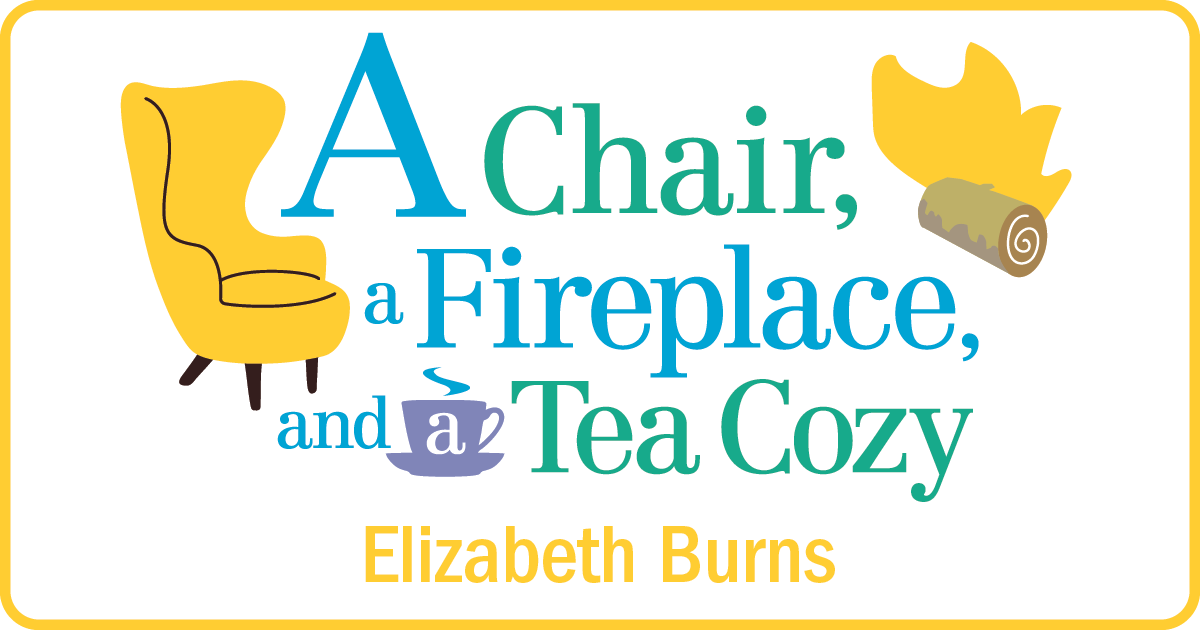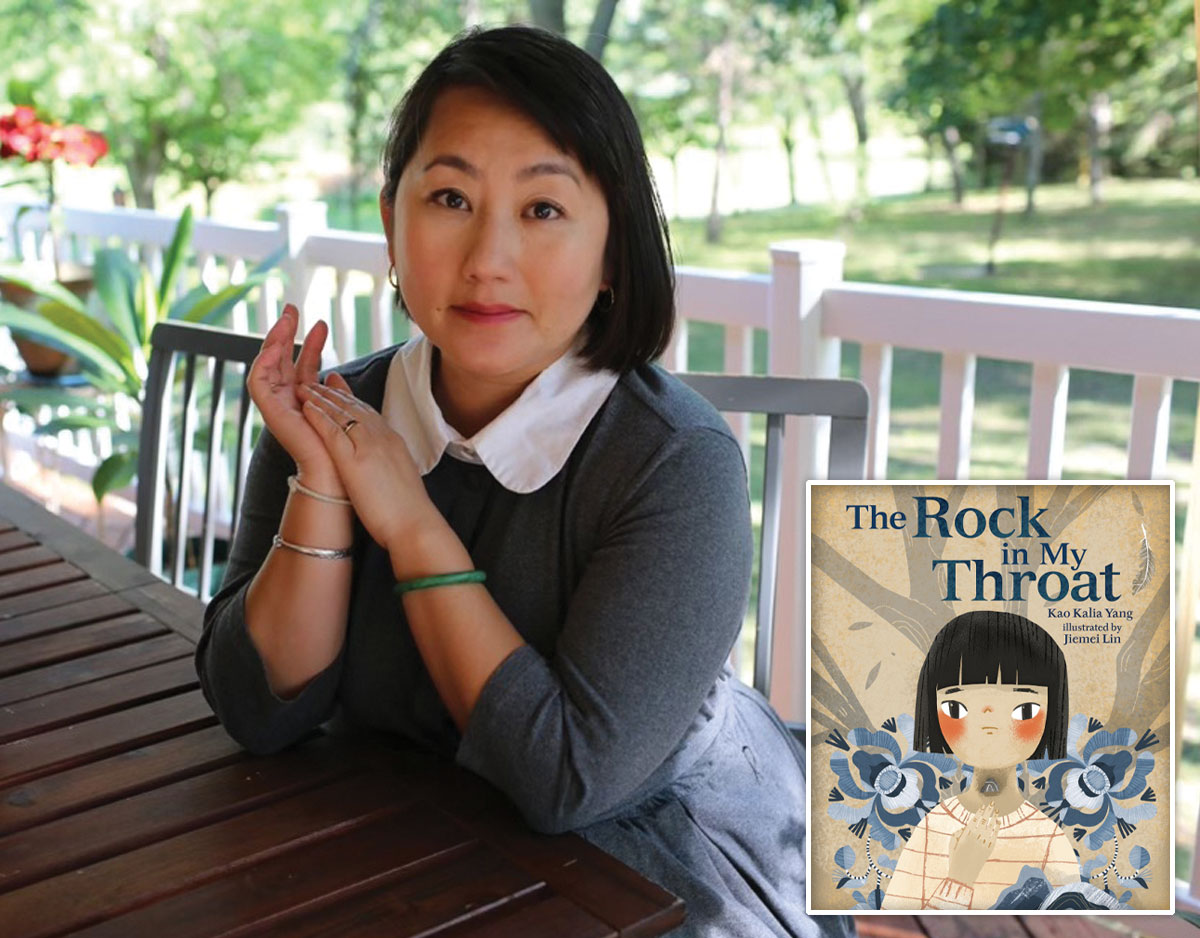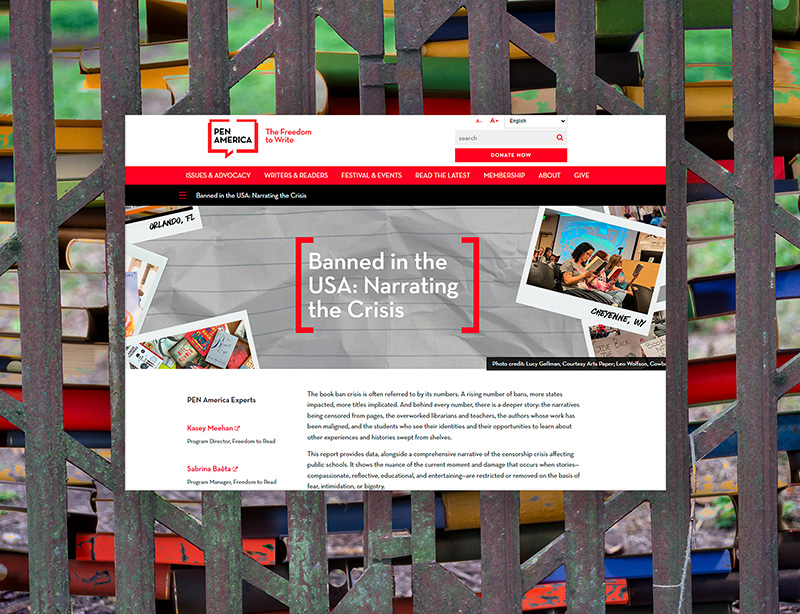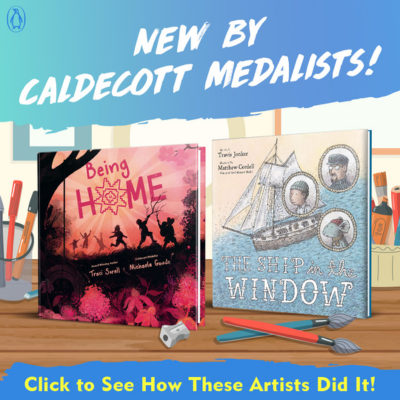SCROLL DOWN TO READ THE POST
Interview: Paolo Bacigalupi
Welcome to the Winter Blog Blast Tour, 2010 edition!
Paolo Bacigalupi is the author of Ship Breaker (Little, Brown, 2010) (National Book Awards finalist) and The Windup Girl (Night Shade Books, 2009) (Nebula and Hugo Awards for Best Novel). His short stories are available in Pump Six and Other Stories (Night Shade Books, 2008). The complete list of novels and short stories is at his website.
 From Bacigalupi’s website: “Paolo Bacigalupi’s writing has appeared in High Country News, Salon.com, The Magazine of Fantasy and Science Fiction, and Asimov’s Science Fiction Magazine. His short fiction been anthologized in various “Year’s Best” collections of short science fiction and fantasy, nominated for two Nebula Awards and four Hugo Awards, and won the Theodore Sturgeon Memorial Award for best sf short story of the year. His debut novel THE WINDUP GIRL was named by TIME Magazine as one of the ten best novels of 2009, and also won the Hugo, Nebula, Locus, Compton Crook, and John W. Campbell Memorial Awards. His short story collection PUMP SIX AND OTHER STORIES was a 2008 Locus Award winner for Best Collection and also named a Best Book of the Year by Publishers Weekly. His debut young adult novel, SHIP BREAKER, is a National Book Award Finalist. He currently lives in Western Colorado with his wife and son, where he is working on a new novel.” Also at his website is a list of other interviews, including Sci-fi phenom Paolo Bacigalupi has seen the future — and it’s scary as hell at Denver Westword.
From Bacigalupi’s website: “Paolo Bacigalupi’s writing has appeared in High Country News, Salon.com, The Magazine of Fantasy and Science Fiction, and Asimov’s Science Fiction Magazine. His short fiction been anthologized in various “Year’s Best” collections of short science fiction and fantasy, nominated for two Nebula Awards and four Hugo Awards, and won the Theodore Sturgeon Memorial Award for best sf short story of the year. His debut novel THE WINDUP GIRL was named by TIME Magazine as one of the ten best novels of 2009, and also won the Hugo, Nebula, Locus, Compton Crook, and John W. Campbell Memorial Awards. His short story collection PUMP SIX AND OTHER STORIES was a 2008 Locus Award winner for Best Collection and also named a Best Book of the Year by Publishers Weekly. His debut young adult novel, SHIP BREAKER, is a National Book Award Finalist. He currently lives in Western Colorado with his wife and son, where he is working on a new novel.” Also at his website is a list of other interviews, including Sci-fi phenom Paolo Bacigalupi has seen the future — and it’s scary as hell at Denver Westword.
ADVERTISEMENT
ADVERTISEMENT
From my review of Ship Breaker: “SHIP BREAKER is breathless, non stop action, with barely room to breathe. Getting lost in ships, hurricanes, deadly infections, knife battles, and that’s just the first third! The world-building is done so seamlessly that it’s not noticed. Along the way, much is given to the reader to think about. This is set in the future, but all the big questions are about our today: the divide between the haves and have nots, the ecological impact of actions, the use of child labor, as well as questions about loyalty, choice, and fate.”
And now, on with the interview!
 Liz B: One of the bleakest parts of SHIP BREAKER is the terrifying, dangerous ship breaking process. Like many readers, I was surprised when I found out that ship breaking is not a “what if” but is very real. How did you learn about ship breaking? How did it become a part of this story?
Liz B: One of the bleakest parts of SHIP BREAKER is the terrifying, dangerous ship breaking process. Like many readers, I was surprised when I found out that ship breaking is not a “what if” but is very real. How did you learn about ship breaking? How did it become a part of this story?
Paolo: The first time I really encountered it was in a documentary called “Manufactured Landscapes” about the photographer Edward Burtynsky. I remember seeing the photos he took of Chittagong in Bangladesh and just being stunned at the scale of the work, the conditions that it was done in… and the images stayed with me. A little while later, I was working on the first draft of this YA book idea I had, and I had Nailer doing a different kind of work entirely, working on coastal wave generators in the north Atlantic…. and it just didn’t seem to work. It just wasn’t compelling to me. And the images of Bangladesh were still in my head. So I moved to story to the Gulf, set up Bright Sands Beach, and suddenly everything clicked together, and I was writing a book called Ship Breaker.
Liz B: And now I’ve added Manufactured Landscapes to my Netflix queue.
The world of SHIP BREAKER is wonderfully realized and complex, not just on a technical level (ship breaking, future technology) but also on a social and cultural level (blood oaths, class hierarchy, tattoos). What was your research process in creating Nailer’s world?
Paolo: I think in some ways, you’re always researching. I travel a lot. I read a lot of books. It all becomes mulch. And then when you’re building a fictional society, you have lots of touchstones to guide you. Sometimes you steal something, sometimes you use a real world example as a template, but you’re looking for those touchstones. So something like work tattoos can relate to ritual scarrings of manhood (I knew a guy who branded himself to get into a fraternity, for example), or it can connect to something like internment camps, and the labeling and commodifying of human beings. And then you use it in your own way, so maybe it seems both real and new, at the same time. At root, though, I feel like my job is to take in tons and tons of pieces and then let them rattle around in my head, so that when I’m sitting down to write, I have details and ideas at hand.
Liz B: SHIP BREAKER is a young adult novel, and has three starred reviews and is a National Book Award Finalist. The award winning THE WINDUP GIRL and your short stories are for adults. What about SHIP BREAKER made you think, “young adult”? Is writing for young adults different than writing for adults? Which of your short stories would you recommend to your teen readers?
 Paolo: SHIP BREAKER was always intended as a story for young people– the story that I would have enjoyed when I was in my teens. I work with the same sorts of themes regardless of whether I’m writing for adults or teens, so it’s really a question of focusing on your audience, and saying “Here, this is something that I think will be cool for you.” You’re trying to give your reader a gift– the excitement of discovery, the horror of understanding, whatever it is… and knowing who you’re talking to tells you how you’ll go about it. As far as which of my short stories I would recommend… I’ve had teens read all of PUMP SIX AND OTHER STORIES and enjoy them, which isn’t surprising to me, as I read plenty of stories for adults when I was a teen, and found them completely accessible. As far as stories that I think would be particularly appealing for teens– probably something like “The Fluted Girl” or “Pocketful of Dharma.” And maybe “Pump Six.” But mileage will vary because the stories definitely get edgier when I write for adults.
Paolo: SHIP BREAKER was always intended as a story for young people– the story that I would have enjoyed when I was in my teens. I work with the same sorts of themes regardless of whether I’m writing for adults or teens, so it’s really a question of focusing on your audience, and saying “Here, this is something that I think will be cool for you.” You’re trying to give your reader a gift– the excitement of discovery, the horror of understanding, whatever it is… and knowing who you’re talking to tells you how you’ll go about it. As far as which of my short stories I would recommend… I’ve had teens read all of PUMP SIX AND OTHER STORIES and enjoy them, which isn’t surprising to me, as I read plenty of stories for adults when I was a teen, and found them completely accessible. As far as stories that I think would be particularly appealing for teens– probably something like “The Fluted Girl” or “Pocketful of Dharma.” And maybe “Pump Six.” But mileage will vary because the stories definitely get edgier when I write for adults.
Liz B: I’m a bit of a process junkie — I love hearing about how a story was created. In rewriting and editing SHIP BREAKER, were there any surprises for you as an author? Something that was either added or had to be taken away?
Paolo: There were a lot of surprises, actually. The ship breaking was a huge surprise, as I described before, because I really had no intention of using ship breaking initially, but so were characters like Richard Lopez, and Sadna, and Pima and Tool. I didn’t know they were going to be in the cast, and then they suddenly were, and they were really strong and alive, in ways that I didn’t anticipate. And the ending was a surprise. I thought I was going to write a different ending, and I had a different goal in mind, where I had intended the story to end in Seascape Boston, instead of on Bright Sands, but about two-thirds of the way into the book I realized that I was wrong, and that everything was going towards a final showdown between Nailer and his father. I didn’t see that coming, but suddenly all the themes and dramatic elements were just staring me in the face, so I went with them.
Liz B: What is your writing process? Are you a “plunger” or “plotter”?
ADVERTISEMENT
ADVERTISEMENT
Paolo: It’s different for every book. I think of myself as a “meanderer” or a “fiddler” maybe. I write some parts, try some scenes, and do some dialogue, readjust my characters, and all the while, I’m looking for something to spark, and for the world to come alive, and for me to believe enough in the world and the premise so that I can keep going. Once I find that element, things move very quickly, the building blocks line up and stack themselves, but in the beginning, it’s all trying and testing and deleting, and retrying until the story snaps into focus, and then suddenly you’ve got it, and Nailer’s in the belly of an oil tanker stripping out copper and worried about making quota and there’s a big storm looming on the horizon… and it all suddenly works. Magic.
Liz B: What are you working on now? And if it’s not a sequel to SHIP BREAKER, can we hope for a sequel? What if I promise you chocolate for a sequel?
Paolo: LOL. Well, it depends what kind of chocolate we’re talking about. In all seriousness, it’s more of a companion novel rather than a sequel. It’s set in the same world, but Tool is the only character who overlaps, and the thematic focus is very different. The story is set in a place called the Drowned Cities, and focuses on a sister and brother pair who have been orphaned by war. At least, that’s what I think it’s about. We’ll see if it’s still about that when I reach the end.
Liz B: Right now, there is a bunch of buzz in the blogosphere about James Frey’s Full Fathom Five book packaging company. No, I’m not going to ask you about that! However, some authors (such as Maureen Johnson and John Scalzi) have pointed out that MFA programs and other areas that don’t teach students about the business end of writing — contracts and payment and royalties and such. Do you have any practical advice for writers hoping to make a living out of writing?
Paolo: Write a hell of a lot, and don’t give up. After you’ve taken that bit of advice, I’d say that the best you can do is to ask as many questions as possible of people who are more experienced than you are, or who are working through the same stage of writing as you are. I do it all the time, and I’ve benefited a great deal from it. I’ve asked authors about agents, about contracts, about publishers, about what they wished they’d known, about how the broke in, about how they organize their careers, how they resuscitated their careers, how they manage their finances–all kinds of stuff. And I keep asking questions. Any time I’m dealing with new territory, I try to ask a lot of people for their wisdom. And get an agent. Don’t sign any book deals without an agent. That’s a big one.
Liz B: What books are you reading now that you’d recommend to teen readers?
Paolo: I just read LOCKDOWN and liked it quite a lot.
Liz B: Thank you so much!
At Chasing Ray, find highlights of all of today’s interviews:
Elizabeth Hand at Chasing Ray
Maya Gold at Bildungsroman
L.K. Madigan at Writing & Ruminating
R.J. Anderson at Hip Writer Mama
Author photo by JT Thomas Photography.
Filed under: Interviews, Uncategorized
About Elizabeth Burns
Looking for a place to talk about young adult books? Pull up a chair, have a cup of tea, and let's chat. I am a New Jersey librarian. My opinions do not reflect those of my employer, SLJ, YALSA, or anyone else. On Twitter I'm @LizB; my email is lizzy.burns@gmail.com.
ADVERTISEMENT
SLJ Blog Network
One Star Review, Guess Who? (#202)
This Q&A is Going Exactly As Planned: A Talk with Tao Nyeu About Her Latest Book
Exclusive: Giant Magical Otters Invade New Hex Vet Graphic Novel | News
Take Five: LGBTQIA+ Middle Grade Novels
The Classroom Bookshelf is Moving
ADVERTISEMENT
ADVERTISEMENT






